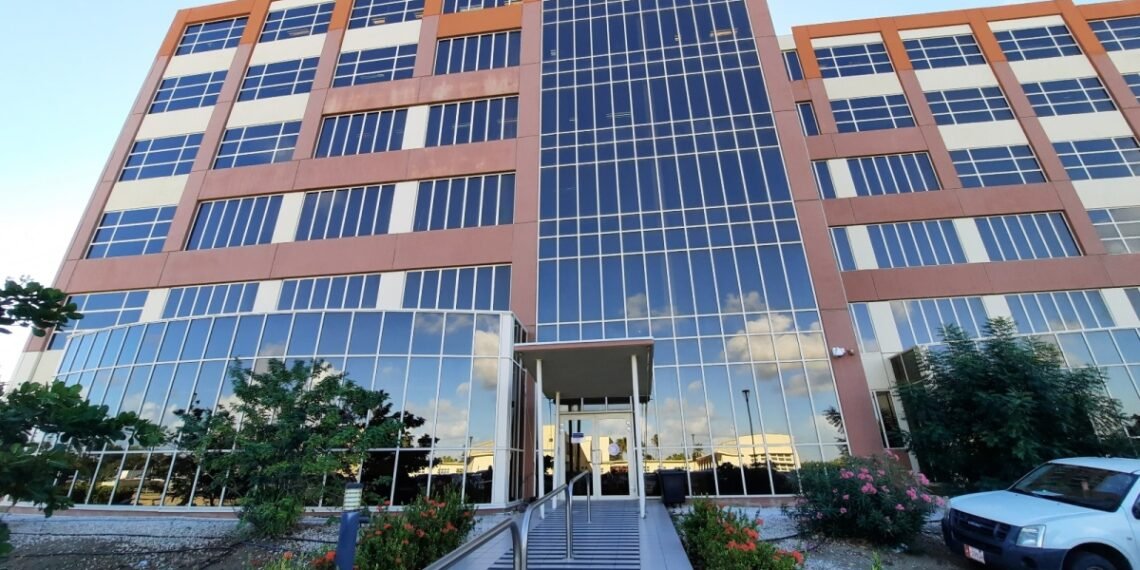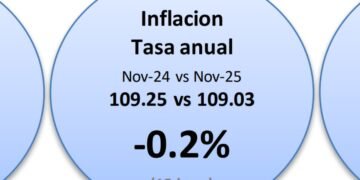ORANJESTAD, Aruba news today — Aruba is currently in a more stable fiscal situation compared to previous years, especially after the challenges posed by the COVID-19 pandemic. Efforts to implement fiscal reforms are now reflected in the national budget, which has shown a surplus since 2023. The impact of these reforms on the economy is still under review, according to Luenne Gomez-Pieters, Director of the Department of Taxes (DIMP), in an interview with DIARIO.
Gomez-Pieters emphasized that DIMP is working closely with the Ministry of Finance, under Geoffrey Wever, to ensure that the government’s program is a guide for the next four years. Fiscal management remains a key focus in this program.
Focus on Economic Diversification and Fiscal Stability
Gomez-Pieters noted that one critical point in the governance program is Aruba’s dependence on tourism as the main economic pillar. While there has been ongoing discussion for years about diversifying Aruba’s economy, it is clear that achieving this goal is not easy. However, the country is taking gradual steps to ensure that fiscal management is centered on maintaining the tourism industry while accelerating the development of new economic sectors such as commercial agriculture, blue economy, sustainable fisheries management, coral protection, renewable energy, and creative industries. This will create a balance between the economy and ecological preservation.
“The budget will be used not only to improve purchasing power but also to stimulate trade with fiscal incentives and other types of support,” said Gomez-Pieters.
Additionally, a document created in 2021 by a group of experts is currently under review. It will form the basis of a concrete proposal for the Ministry of Finance to assess its feasibility in fiscal and economic terms. The Director of DIMP confirmed that this review process is ongoing.
Recommendations for the Future
In the coming weeks, DIMP will provide its recommendations, which could evolve into a document for discussion with the relevant sectors. The goal is to move toward concrete steps that might involve changes in laws, management practices, or bureaucracy to increase efficiency. Gomez-Pieters emphasized that these steps are necessary to ensure the future success of fiscal reforms.
Minister Wever also shared that by 2026, the government plans to start implementing certain incentives if these will benefit taxpayers and businesses.
























Discussion about this post